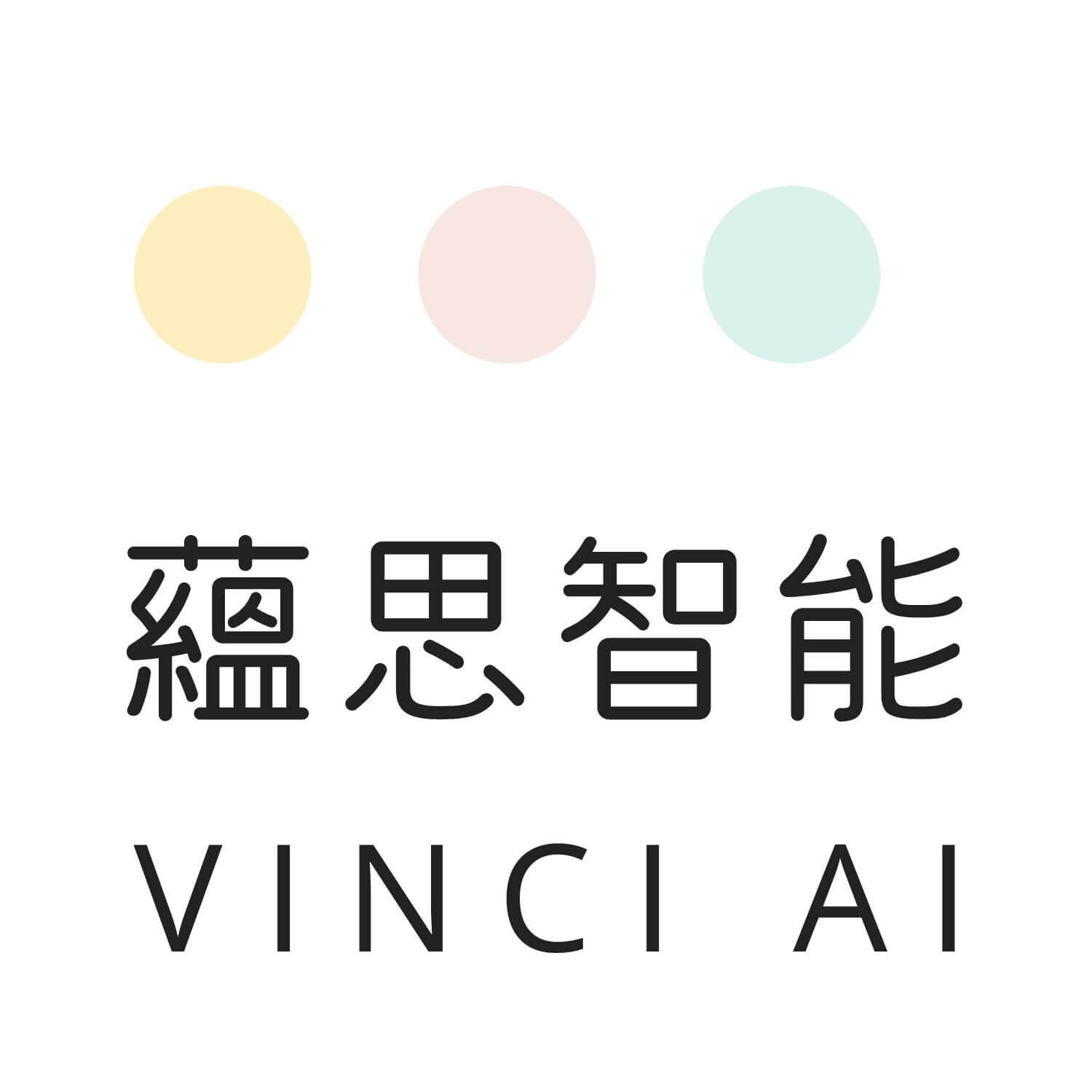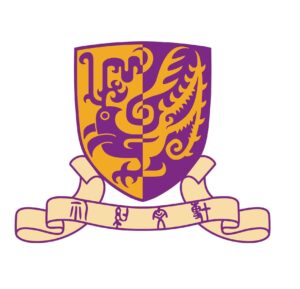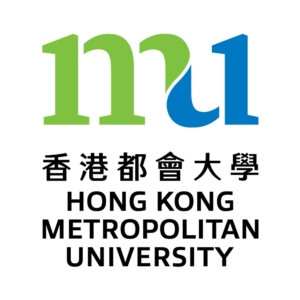AI course topics
AI ethics
Artificial intelligence (AI) is penetrating into every aspect of our lives at an alarming rate, from online shopping to medical diagnosis, from autonomous driving to artistic creation, the impact of AI is everywhere. This transformative force has also profoundly affected the field of education, bringing unprecedented opportunities and challenges to primary and secondary education. How to guide students to use AI tools correctly, establish correct AI ethics, and train them to become responsible AI citizens is an important issue facing every primary and secondary school teacher.
Vinci AI provides AI ethics teacher and student training, providing a wealth of teaching strategies and practical cases to help teachers cope with the challenges of this era.

AI Ethics Course Topics
The Importance and International Trends of AI Ethics: Global Consensus and Challenges
AI ethics refers to the moral principles and norms that should be followed when developing, using and deploying AI systems. As AI technology becomes increasingly mature, its ethical issues have become increasingly prominent, such as data privacy, algorithm bias, job substitution, autonomous weapons, etc., which have triggered widespread concern and discussion around the world. The international community is actively exploring how to respond to these challenges and has formed a series of important consensuses and actions:
- OECD AI Principles: OECD’s AI PrinciplesIt is an important cornerstone of international AI ethics. It emphasizes that AI should be people-centered and promote inclusive growth, sustainable development and well-being. This principle proposes five value orientations:
- Human-centered values and fairness: AI systems should respect human rights, fundamental freedoms, and human dignity, and be designed and used in a fair, just, and inclusive manner.
- Transparency and explainability: How an AI system operates should be transparent and easy to understand so that potential ethical issues can be identified and addressed.
- Robustness and security: AI systems should be safe and reliable, resistant to attacks and errors, and operate in a responsible manner.
- Accountability: Developers and users of AI systems should be responsible for the actions and impacts of their systems.
- AI ethics guidelines issued by various governments and organizations: In addition to the OECD and the European Union, many countries and organizations have also issued AI ethics guidelines, such as the United States’AI principles", UK's "AI Ethics Guidelines", China's"New Generation Artificial Intelligence Governance Principles"Wait. These guidelines reflect the understanding and emphasis on AI ethics in different countries and regions, and also provide an important reference for AI ethics education in primary and secondary schools.
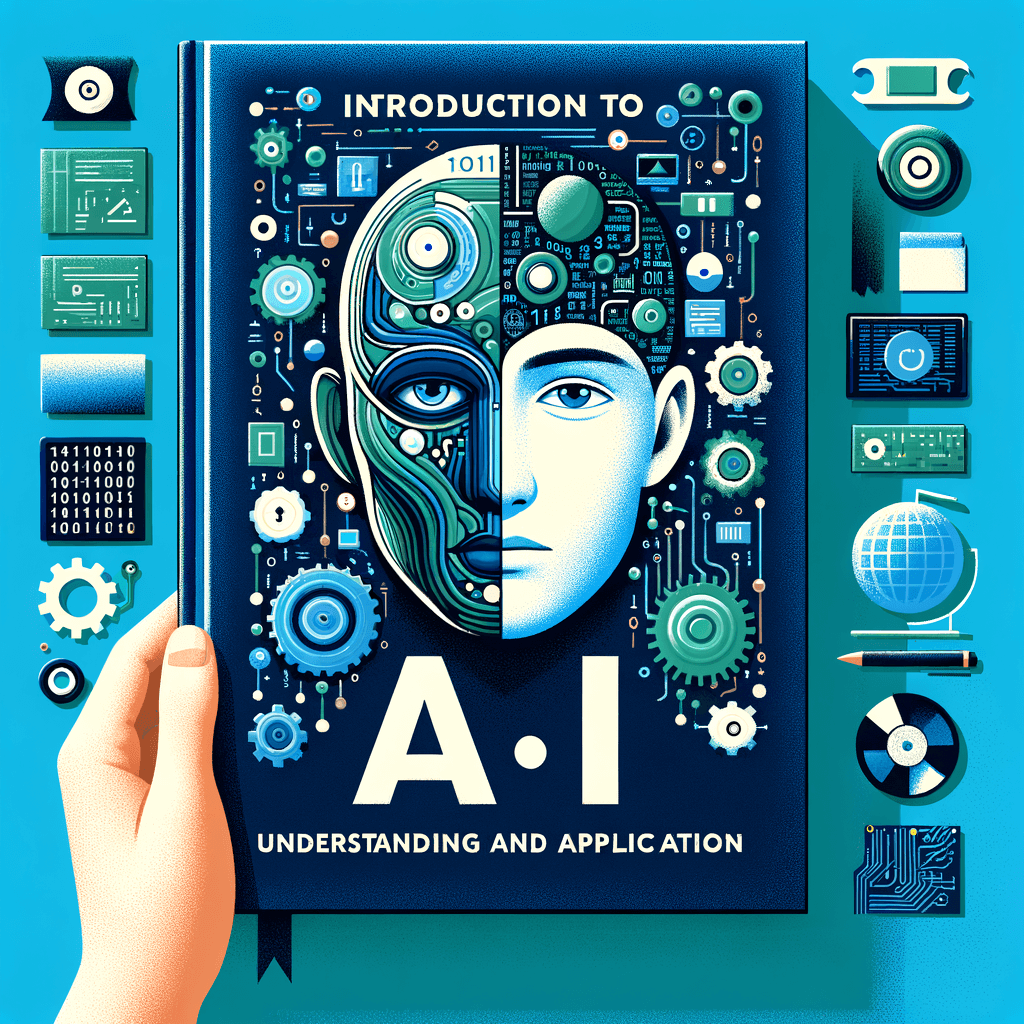
UNESCO AI competency framework and other practical guidelines: cornerstones of primary and secondary education
UNESCO’s AI Capability FrameworkIt provides important guidance for AI education in primary and secondary schools. The framework covers four dimensions, each of which is divided into three levels of advancement:
People-oriented thinking: For example, some teaching activities can be designed to allow students to experience the possibility of getting lost due to overreliance on AI navigation, or the rigidity of thinking that may result from using AI writing tools, thereby guiding them to think about the importance of humans in the AI era.
AI ethics: For example, students can be asked to analyze some data leakage cases, such as the Facebook-Cambridge Analytica incident, to guide them to think about the value of data privacy and how to protect personal privacy when using AI tools.
AI technology and applications: For example, you can guide students to use ChatGPT for research, writing, translation and other activities, and encourage them to explore other application scenarios of ChatGPT. At the same time, students should also be guided to realize the limitations of ChatGPT, such as possible bias and misinformation.
AI system design: For example, students can be asked to design a simple AI system, such as an image classifier, and guided to think about how to evaluate the fairness and accuracy of the system, and how to explain the system's decision-making process.
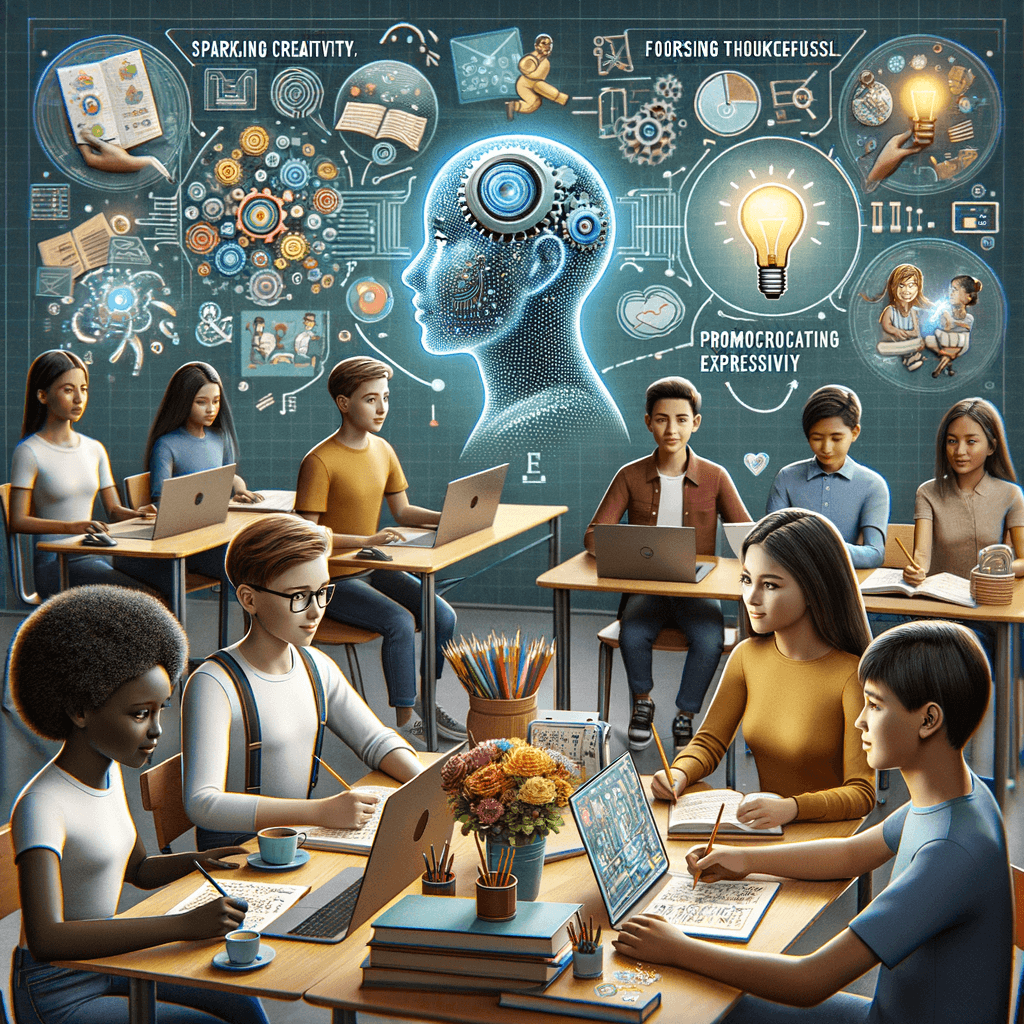
Practicing AI ethics education: teaching strategies and suggestions
- Integrate into the curriculum: Integrate AI ethics into existing subject courses, such as sociology, information technology, Chinese, etc. For example, in sociology courses, the impact of AI on social structure, employment, and ethics can be discussed; in information technology courses, the basic principles and ethical principles of AI can be taught; in Chinese courses, students can be guided to analyze texts generated by AI , and identify bias and misinformation.
- Case study: Use real cases or simulated situations to guide students in analyzing AI ethical issues. For example, one can analyze the issue of liability division in accidents involving self-driving cars, or the ethical controversy over AI facial recognition technology.
- role play: Let students play different roles, such as AI developers, users, regulators, etc., to experience AI ethical dilemmas from different perspectives. For example, a meeting of an AI product development team can be simulated, allowing students to play different roles to discuss the ethical risks of the product and countermeasures.
- Special seminar: Organize students to conduct research and discussions on specific AI ethics issues. For example, students could be asked to study the impact of AI on privacy, or the ethical issues of AI in the medical field.
- critical thinking: Develop students’ critical thinking skills and guide them to question the potential impact of AI technology. For example, students can be asked to analyze AI-generated news and judge its authenticity and objectivity.
- interdisciplinary collaboration: Encourage teachers from different disciplines to collaborate to jointly develop AI ethics education resources. For example, information technology teachers can work with social studies teachers to develop teaching cases on the social impact of AI.
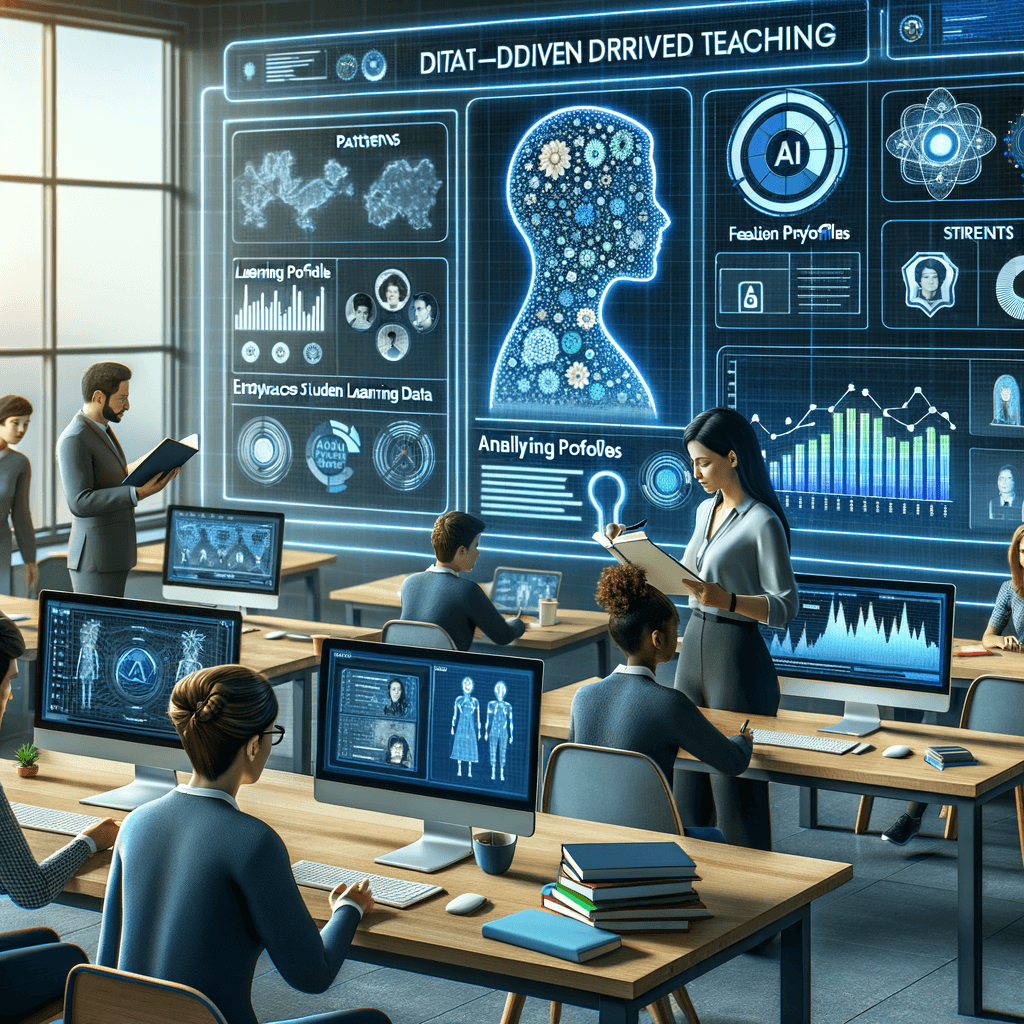
Guide students to use AI tools correctly: guidelines and codes
In the AI era, students need to learn how to use AI tools correctly, safely and responsibly. The following are some guidelines and codes for teachers’ reference to help students establish good AI usage habits:
1. Understand the limitations of AI tools:
- AI is not omnipotent: AI tools are powerful, but they are not omnipotent. They excel at some specific tasks but may have limitations in others. For example, ISTE’s “ChatGPT for Educators” mentioned in, ChatGPT can generate fluent text, but does not guarantee the accuracy and objectivity of the information; image recognition tools can identify objects, but may be affected by image quality and light. Students need to understand the advantages and limitations of AI tools sex, in order to make better use of them, just like UNESCO’s “AI competency framework for students” emphasizes that students need to have critical thinking in order to judge the applicability and reliability of AI tools.
- The output of AI requires manual verification: The output of AI tools is not always correct, especially when it comes to complex problems or subjective judgments. Students need to learn to critically evaluate AI-generated content and perform necessary human verification. For example, when using ChatGPT for research, you need to verify the source of the information it provides and refer to other materials for support. This also echoes IBM’s “What is AI ethics?” emphasizes the importance of AI explainability.
- AI can be biased: There may be bias in the training data of the AI model, causing the output of the AI tool to also be biased. For example, the Hong Kong Law Society's "Legal and Ethical Risks of Artificial Intelligence" mentioned that facial recognition technology may have different accuracy rates when identifying people with different skin colors. Students need to be aware of possible biases in AI and avoid using it for discriminatory purposes. This is also consistent with UNESCO’s “AI competency framework for students” is consistent with the principles of “ethical design”.
2. Protect personal privacy and data security:
- Be careful when providing personal information: When using AI tools, students need to be careful in providing personal information to avoid leaking privacy. For example, when chatting using ChatGPT, do not disclose sensitive information such as name, address, phone number, etc. This is consistent with Google’s “Google's Secure AI Framework” are consistent with the data security principles emphasized in .
- Learn how data is collected and used: Students need to understand how AI tools collect and use their data and ensure that it complies with relevant privacy policies and regulations. For example, when using an online learning platform, you need to read the platform’s privacy policy to understand how it collects and uses students’ learning data. This is also in line with the EU’s “AI Act” and California’s “California Consumer Privacy Act (CCPA)” and other data privacy regulations.
- Protect intellectual property rights: When using content generated by AI tools, you need to respect intellectual property rights and avoid plagiarism and plagiarism. For example, when using ChatGPT to generate text, you need to indicate its source and avoid using it directly for academic papers or commercial purposes.
3. Comply with ethical norms:
- Do not do evil: Do not use AI tools for illegal, unethical or harmful activities. For example, do not use AI tools to generate false information, spread rumors, or conduct cyber attacks. This is consistent with Google’s “AI Principles"It is consistent with the principle of "causing no overall harm" mentioned in ".
- Respect others: When using AI tools, you need to respect others and avoid infringing on the rights of others. For example, do not use AI tools to generate discriminatory or insulting content. This echoes the "human-centered thinking" in UNESCO's "AI competency framework for students".
- Use AI responsibly: Students need to be responsible for their own AI usage and assume corresponding responsibilities. For example, when using content generated by AI tools to cause adverse consequences, you need to bear corresponding responsibilities. This is consistent with the "accountability" principle in the OECD's "AI Principles".
Through the above guidelines and codes, students can be helped to establish correct concepts of AI use, cultivate their AI ethics awareness and sense of responsibility, so that they can become responsible citizens in the AI era and contribute to building a better future. These guidelines and codes also need to be adjusted according to the age and cognitive level of students and applied in conjunction with specific teaching scenarios. Teachers can formulate more specific classroom rules and behavioral norms based on actual conditions.
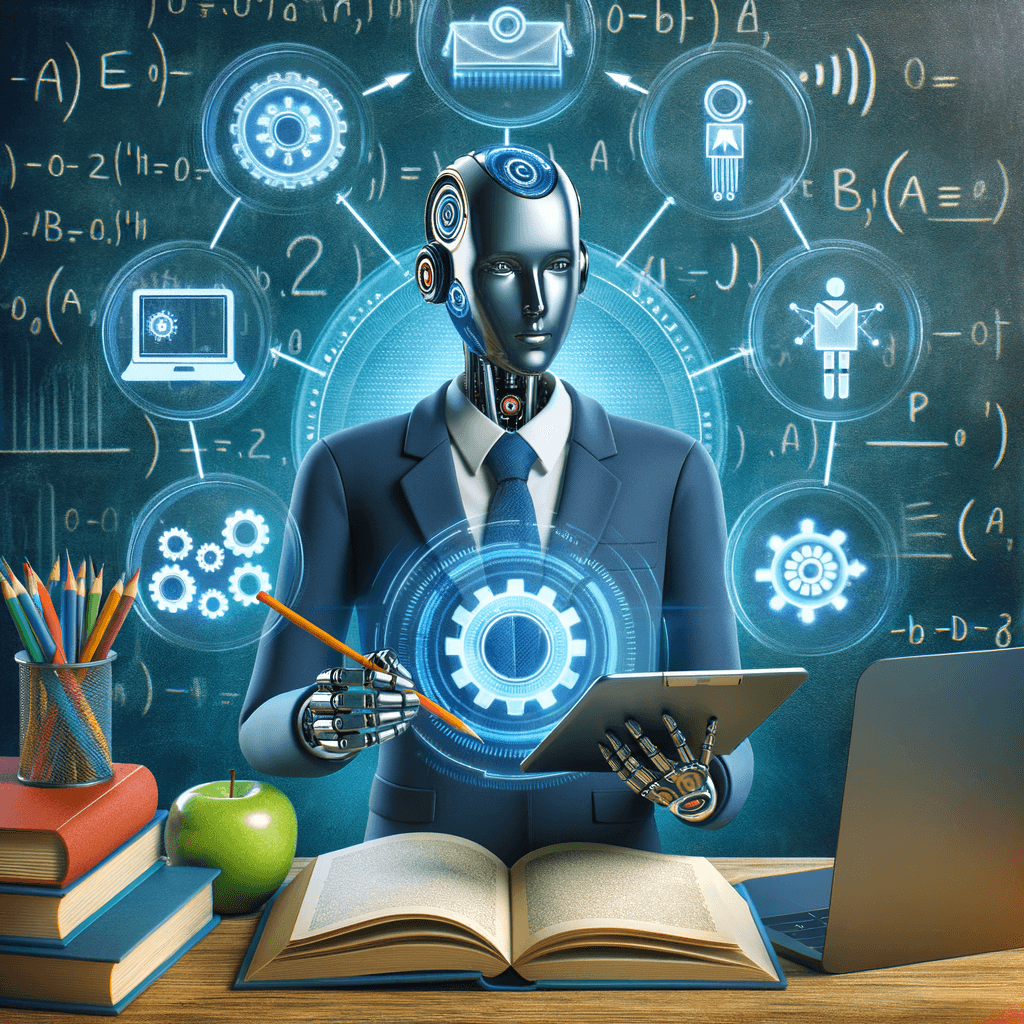
The goal of AI education in primary and secondary schools: to cultivate responsible AI citizens with critical thinking
The goal of AI education in primary and secondary schools is not to cultivate professional AI developers, but to cultivate responsible AI citizens with AI literacy. This means students need to:
- Understand the basic principles and applications of AI: Understand what AI is, what AI can do, and how AI affects our lives.
- Master the correct use of AI tools: Able to use various AI tools safely and effectively, such as ChatGPT, image recognition tools, etc.
- Thinking critically about the impact of AI technology: Be able to analyze the potential risks and ethical issues of AI technology and form your own judgment.
- Establish a human-centered AI ethics: Put human well-being, social equity, and environmental sustainability at the core of AI development.
- Participate in the formulation and practice of AI ethics standards: Become a responsible AI user and creator and jointly shape a better AI future.
Just as IBM is "What is AI ethics?"As mentioned in ", AI ethics education needs to focus on key issues such as data responsibility, fairness, and explainability, and guide students to think about how to practice AI ethics in practical applications.

Main Tutor Qualifications

Anthony Chan
Anthony Chan is an expert in artificial intelligence research with a Ph.D. in Mathematics, specializing in the application of AI in the healthcare field. This expert has published numerous papers in the fields of mathematics and artificial intelligence, with research findings featured in top international academic journals. Dr. Chan has been invited to prestigious international institutions to exchange ideas and present research findings. Additionally, he has extensive teaching experience, having served as a mentor for the Mathematics Talent Nurturing Program at the Chinese University of Hong Kong, nurturing the next generation of mathematicians.

Benny Lam
Benny Lam is a seasoned professional with over 30 years of experience in the IT and AI software development field. He has served as a project manager for multiple large-scale IT vendors and government departments, as well as a team leader and chief consultant. He possesses in-depth expertise in artificial intelligence, digital transformation, blockchain, logistics and supply chain management, cloud development, and financial technology. Additionally, he holds a Master's degree in Parallel Computing from the University of Warwick and has studied Mathematics at the Hong Kong Baptist University. His comprehensive technical skills and profound knowledge of AI make him a leader in the field.

Danny Chan
Danny is a lecturer at the University of Hong Kong with extensive experience in financial risk management, information technology, and data science. He has also served as an IT manager for over ten years. As an IT practitioner, he currently works as a consultant and trainer at a big data consulting service company. Additionally, he specializes in cloud solutions, big data technologies, data mining, and machine learning. Mr. Chan holds a Bachelor's degree in Mathematics from the Chinese University of Hong Kong, as well as a Master's degree in Risk Management Science from the Chinese University of Hong Kong, a Master's degree in Business Quantitative Analysis from the City University of Hong Kong, and a Master's degree in Industrial Logistics Systems from the Hong Kong Polytechnic University.
Here are some of the schools and organizations they have previously served
Hong Kong Education City
Hong Kong Metropolitan University
Education University of Hong Kong
Oxbridge International School
Kingston International School
Cheung Chu Shan English Secondary School
Salesian English School
Tak Ai Secondary School
Po Leung Kuk Ho Yin Tong Secondary School
Tung Wah Group of Hospitals Fung Wong Fung Ting Secondary School
catholic wuhua middle school
Lize Middle School
Sister Delia Memorial School
Qingshan Catholic Primary School
Po Leung Kuk Lam Man Chan English Primary School
Po Leung Kuk Luk Hing Too Primary School
Po Leung Kuk Tin Ka Ping Primary School
Sir Kadoorie Government Primary School
Ping Shek Catholic Primary School
Shau Kei Wan Government Primary School
Tai O Primary School
Pok Oi Hospital Prime Minister's Association Liang Province School
POH 80th Anniversary Tang Ying Hei College
Buddhist Ye Jinan Secondary School
Yu Chun Keung Memorial Secondary School
Bishop John White Anglican Secondary School
Pat Heung Rural Committee Charity Secondary School
St. Peter's Secondary School
holy family school
Hong Kong Red Cross Hospital School
HK01 Summer AI Summer Camp 2022
Conducted artificial intelligence painting workshops for 30 primary schools
Youth Association Youth Center (Hung Hung Kiu)
Children's Club
Customer acceptance
d
"Our class includes some students with special educational needs (SEN), but our instructor is very patient in teaching and manages the classroom well. In general, students who are taught STEAM subjects don't usually show much response, but after observing several sessions, I noticed that the students frequently ask questions during class. The primary focus of the class is teaching AI, which can be challenging for elementary school students to grasp. However, the instructor uses examples that are relatable to daily life, so most of the students understand the workshop content."
Kevin Chung
Hong Kong Youth Association - Hung Shui Kiu Youth Centre SecretaryExample Title
The Vinci AI Wisdom AI Painting Course provides primary 5-6 grade students with a learning experience that integrates creativity and technology. The course uses professional painting software and AI technology to creatively produce lively and interesting artworks, cultivating students' creativity and skills. At the same time, the course helps students understand basic AI concepts and experience the impact of technology on art. Through exploration, sharing works, students' level of art learning is improved.
Teacher You
Po Leung Kuk Luk Hing Too Primary SchoolThe AI art creation workshop taught students to design English storybook covers through the OpenArt platform. This learning approach that combines creativity and technology can stimulate students' imagination and creativity. By using AI drawing tools to present "imagery" and even "ambience" through "metaphor", it is an inspirational and practical teaching activity.
Director Ma
Dabu District Primary SchoolThe instructors wholeheartedly teach students about AI knowledge, making the content relatable to real-life scenarios. The instructors also establish a friendly and enjoyable rapport with the students. The majority of the students are able to grasp the workshop content and benefit greatly from it.
Teacher Yip
St. Peter's Secondary SchoolExample Title
This academic year, our school's Chinese teachers participated in a series of five workshops titled 'How AI Can Promote Interdisciplinary and Chinese Language Teaching in Primary Schools' organized by Vinci AI. The teachers' feedback was positive, with the course content focusing equally on theory and practice, being highly practical and applicable for immediate use in unit inquiry lessons and Chinese language teaching. By utilizing AI as a teaching tool, it can enhance the effectiveness of teaching and learning.
Dr. Tang Shufen
Vice Principal of Kingston International SchoolExample Title
The company provides excellent STEAM education. The mentors are professional and the AI curriculum is thorough. With a teaching approach that is meticulous, patient and fully meets the needs of secondary schools.
Teacher Yang
Head of PLK Ho Yin Tung Secondary SchoolArrange On-Site Training
Contact our consultants
Vinci AI offers on-site training services, as well as in-school lectures and workshops for teacher professional development. We welcome you to contact our expert consultants to discuss and arrange suitable topics and formats that meet your needs.
